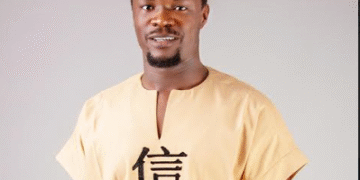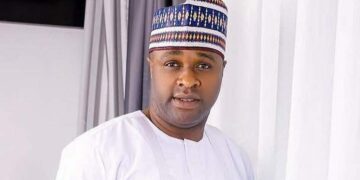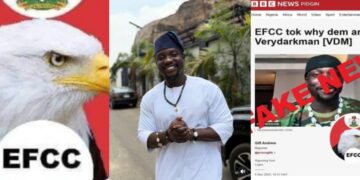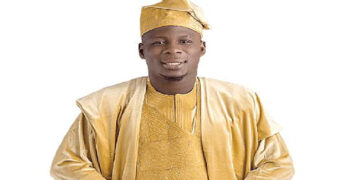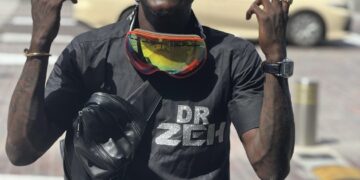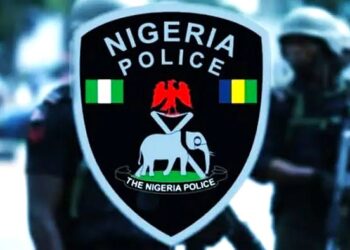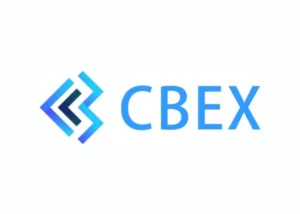
As panic continues to spread among Nigerian investors who lost billions in the collapse of the CryptoBridge Exchange (CBEX), more details have emerged, exposing local promoters behind the alleged cryptocurrency Ponzi scheme.
An estimated ₦1.3 trillion vanished when CBEX abruptly crashed earlier this week, just days after users were locked out of their wallets, unable to withdraw funds. The Economic and Financial Crimes Commission (EFCC) has since assured investors that efforts are underway to recover lost funds.
The Securities and Exchange Commission (SEC) has also sounded the alarm, declaring that CBEX operated without a license and had no authority to solicit investments in Nigeria. Preliminary investigations revealed the platform used aggressive promotions and fake legitimacy to lure unsuspecting Nigerians with guaranteed high returns in a short period.
According to FIJ, an online investigative publication, CBEX was linked to ST Investment Co. Ltd, owned by 55-year-old Briton, Harold David Charles. The company allegedly used strategic media campaigns to position Charles as a reputable investor and finance expert, building trust while operating under the radar.
CBEX was not officially registered in Nigeria, but ST Technologies International, a related company, held a registration with the Corporate Affairs Commission (CAC) and an anti-money laundering certificate from EFCC’s SCUML unit, obtained in January 2025.
Several Nigerians have now been identified as key figures in CBEX’s operations, including Adefowora Abiodun, Oluwanisola Adefowora, Seyi Oloyede, and Emmanuel Uko. While the relationship between the Adefoworas remains unclear, they were among those leading public seminars, launching physical offices, and recruiting new investors.
In a now-viral video from February 10, Abiodun launched a CBEX office in Abuja, saying, “We trade every day, make money and live a good life… bring people onboard so they can also enjoy life.”
CBEX ran several aggressive marketing campaigns, including seminars in Lagos, roadshows, and even sponsorships. In one instance, they backed the inter-house sports competition of MAXFEM International School in Alagbado, Lagos, offering ₦400,000 in sponsorship for Yellow House. The school’s proprietor, Mr. Olufemi Stephen Oguntola, admitted he didn’t conduct background checks and only accepted the offer based on a friend’s referral. That friend, Temitayo Oke from Ibadan, was also named as a key promoter.
“I haven’t seen him since the event,” Oguntola said. “He won’t take my calls, and my friend who introduced us lost $10,000 to the scheme.”
While authorities continue their investigations, victims of the crash are left in shock, anger, and deep financial distress. The EFCC and SEC have urged Nigerians to avoid unlicensed investment schemes and promised that perpetrators of this massive fraud will be brought to justice.



